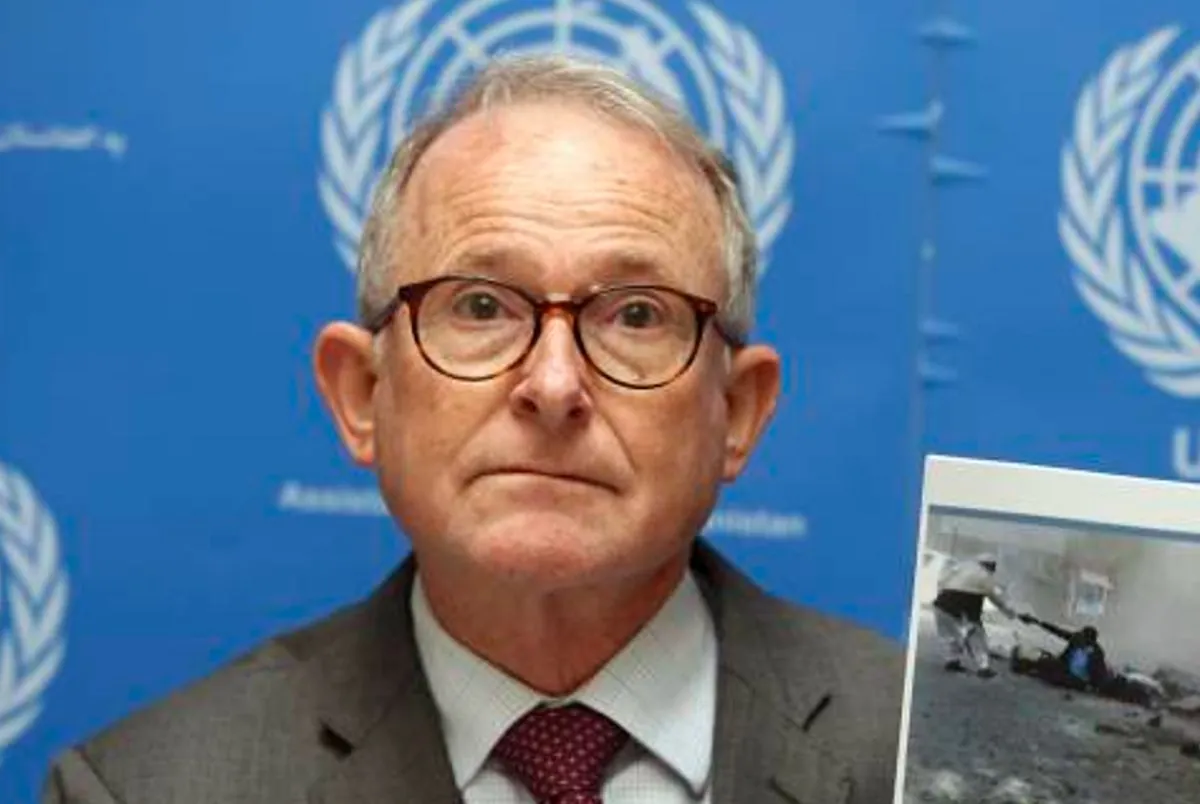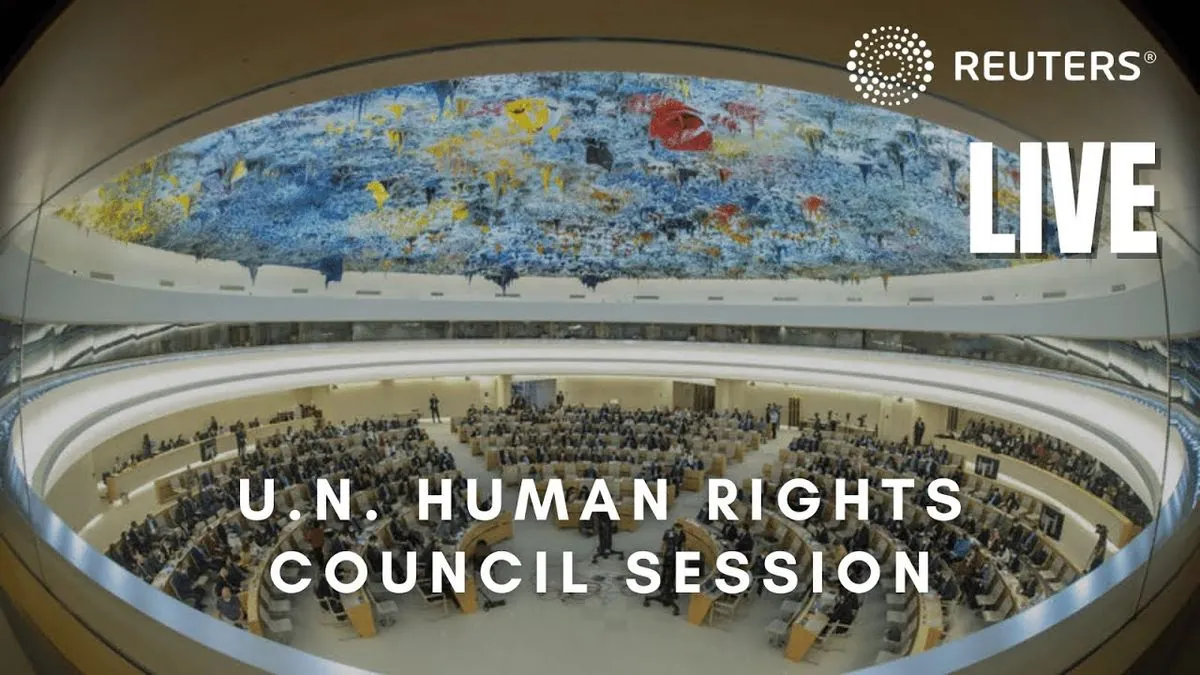Taliban Bars UN Human Rights Watchdog from Afghanistan
The Taliban administration has prohibited UN special rapporteur Richard Bennett from entering Afghanistan, accusing him of spreading propaganda. This move highlights ongoing tensions with international bodies.

The Taliban administration has denied entry to Richard Bennett, the United Nations-appointed special rapporteur for human rights in Afghanistan. This decision, announced on August 21, 2024, marks a significant development in the relationship between the Taliban and international organizations.
Zabihullah Mujahid, the Taliban administration's spokesperson, stated that Bennett would not be allowed to enter Afghanistan. The reason given for this prohibition was the accusation that Bennett was "assigned to spread propaganda" and that he "exaggerated minor issues." This marks a rare instance of a foreign official being publicly barred from the country.
Bennett, who was appointed by the United Nations Human Rights Council in 2022, has been monitoring the human rights situation in Afghanistan since the Taliban's return to power in 2021. His role, established as part of the UN's commitment to human rights oversight, has been crucial in providing insights into the country's evolving situation.

The United Nations Human Rights Council, established in 2006, has been at the forefront of addressing human rights concerns globally. Afghanistan, a UN member since 1946, has been under increased scrutiny since the Taliban's resurgence. The Taliban's current rule, now in its third year, has been marked by controversial policies, particularly regarding women's rights.
Bennett has previously expressed concerns about the Taliban's treatment of women and girls, suggesting it could potentially amount to crimes against humanity. This stance aligns with international concerns over the Taliban's policies, which include barring most girls over 12 from schools and universities, banning women from parks, and restricting women's long-distance travel without a male guardian.
The Taliban, through Mujahid, maintains that they respect women's rights in accordance with their interpretation of Islamic law and local customs. However, this interpretation has been widely criticized by the international community and human rights organizations.
"The Taliban's treatment of women and girls could amount to a crime against humanity."
This situation highlights the ongoing challenges in Afghanistan's relationship with the international community. Three years after foreign forces withdrew, the Taliban government remains unrecognized by any foreign nation. International officials, including those from Washington, have linked potential recognition to changes in the Taliban's approach to women's rights.
The UN's efforts to engage with the Taliban continue, despite these challenges. In June 2024, top UN officials and envoys from up to 25 countries met with Taliban representatives in Qatar, a country that has often served as a mediator in international conflicts. However, this meeting faced criticism from human rights groups for not including Afghan women and civil society representatives.
It's worth noting that Afghanistan ratified the Convention on the Elimination of All Forms of Discrimination against Women in 2003, and the Afghan Constitution of 2004 guaranteed equal rights for women. The current situation represents a significant departure from these commitments.
As the situation evolves, the international community continues to grapple with finding a unified approach to dealing with the Taliban. The UN Assistance Mission in Afghanistan (UNAMA), established in 2002, continues to operate from Kabul, monitoring and reporting on human rights issues in the country.


































